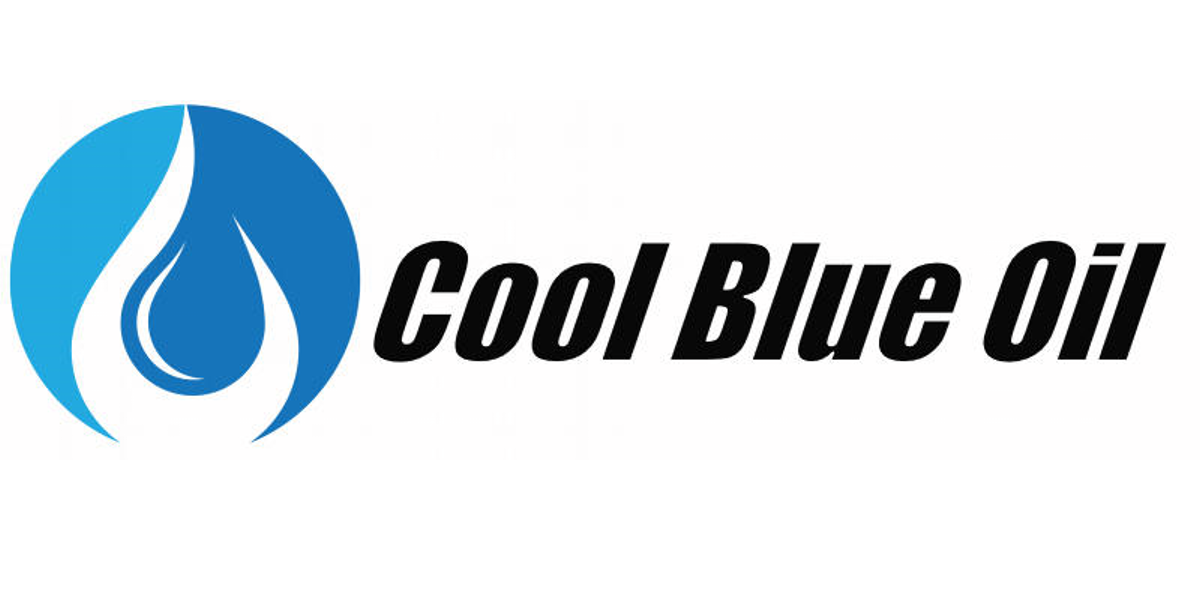Selecting the Right Oil Filter For Your Vehicle?
Choosing the Correct Oil Filter For Your Vehicle
Whenever you change the oil in your vehicle, you should always put a fresh oil filter in your vehicle as well. The reason for this is clear. Your oil filter is where any dirt, sludge, or other contaminants are trapped. If you put fresh clean oil in your vehicle and it runs through a dirty filter, it will become dirty almost instantly, defeating the purpose of new oil.
The good news is that oil filters are inexpensive and can be easily purchased at most auto parts stores or online.
Choosing the Exact Filter For Your Vehicle
You must choose the correct oil filter for your vehicle. Your filter has been sized to handle the amount of oil that is flowing through your vehicle. If you choose the wrong size filter, it may not be able to handle the flow of oil.
Additionally, your oil filter screws onto your engine in most instances (some European models have a different type of oil filter). If you chose an incorrect filter, it may not have the correct sizing for the threads or the hole in the bottom of the filter may not be the correct size.
Finally, the space for the oil filter is usually pretty tight. If you try to put a larger filter on your vehicle, it may be very difficult to get it on and off for future changes.
Where to Find the Correct Filter
There are several ways to find the correct engine filter for your vehicle.
Have your local auto parts store look up your filter
Use the part lookup feature on most auto part store websites
Use the part lookup feature on most oil filter company websites
All three of these options will involve you giving either the person at the store or entering on a website some basic information on your vehicle.
- Year
- Make
- Model
- Engine (possibly)
Once you provide this information, you will most likely be given a choice of different brands of oil filters. All of these brands will fit your vehicle properly.
What is the Difference In Brands of Oil Filters?
All oil filters are a pretty basic design. They are metal cans with some sort of membrane inside that filters out dirt, sludge, and other contaminants your oil carries to the filter.
Oil Filter Technology
Different brands will use different grades and types of membranes as a filter. The more exotic the membranes are, the more expensive the filter is to purchase.
The ideal membrane will filter out the contaminants while restricting the flow of oil as little as possible. To achieve this, premium oil filters will use innovative technology in the membranes and the supporting materials.
Extended Life Oil Filters
In recent years, oil filter companies have introduced extended-life oil filters. Traditional oil filters are recommended to be changed after approximately 3,000 to 5,000 miles of normal use. Extended Life Oil Filters are designed to be changed after 10,000 to 15,000 uses. These filters are good choices for people who use premium synthetic oils because these oils can also run for extended mileage intervals.
Oil Install and Removal Design
Oil companies have done some very nice work in terms of improving the ease of installing oil filters. You can now find filters with grippy surfaces to help hold the filter when installing or removing. There are also filters with a hexagonal shape on the end that allows you to use a standard wrench to install or remove them. These types of improvements help with loosening, removing, installing, and tightening oil filters.

